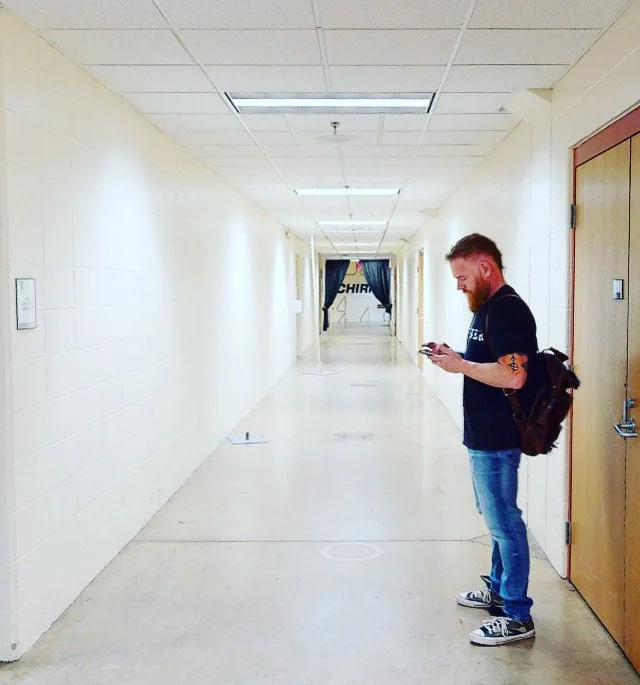To the business owners and executives who are willing to listen, this one's for you. See, there's a difference between "making a living" and "making a life."
For those of you who don't quite understand, let me put it this way. Making a living is about getting by, it's about the paycheck and nothing more. It's clocking in, doing the work, clocking out, and repeating. Now, making a life, that's a whole different story. That's about finding fulfillment, it's about care and support. It's about mental health.
You might be thinking, "But I provide my employees with a steady income. Isn't that enough?" To answer your question, no, it isn't. Your employees are human, not machines. They can't just clock in, work non-stop, and clock out without it affecting them. They have lives outside of work, full of challenges and struggles that sometimes spill over into their professional lives. They need support, and that's where you come in.
Understanding what's going on in your employees' lives and supporting them through struggles makes a direct impact on the bottom line. Yes, you heard that right, it benefits your business too. An employee who feels supported is more likely to perform better, stick around, and contribute positively to the work environment.
Now, let's talk about mental health days. Some of you might already be rolling your eyes, I've heard it before. "Those days will get abused," you say. To that, my response is simply, "so?" You might think it's a risk, but let me ask you this: How much production do you think you're getting out of an employee who doesn't want to be there that day versus an employee who feels supported and knows that when they just need a day away, they can have it?
It's time to change the conversation. It's time to speak openly about mental health at work and take the stigma away from it. It's time to show your employees that you don't just care about the work they do, but you care about them as people. That their mental health matters. That you understand that everyone has bad days and needs support sometimes.
So, let me be the first to tell you, my fellow business owners and executives, that creating an environment that supports mental health isn't just good for your employees; it's good for your business too.
To make a life, rather than just a living, your employees need your understanding, your support, and your willingness to talk about mental health openly and without judgment. So let's step up, let's change the conversation, let's make a difference. Not just for our businesses, but for the people who make our businesses possible: our employees.
